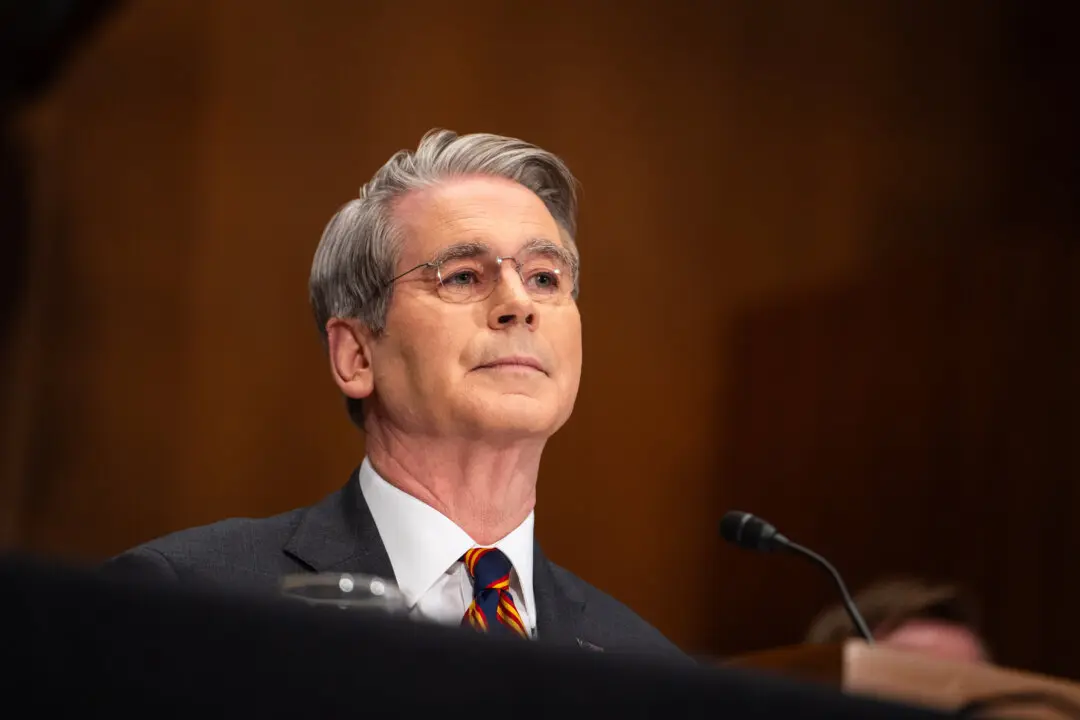Two 26-year-old Arizona twins suffered strokes just a few months apart, according to a report on Wednesday.
Kathryn Tucker said in July 2012 that she felt a sharp pain in the right side of her head before her vision faded and went numb all over, reported ABC News.
“I was absolutely terrified,” said Tucker, who works as a senior care coordinator in Tempe. “I slept for three days straight,” she added. “Then, when I woke up, my vision was horrible. Everything was distorted and one-dimensional. I could barely get around.”
When she went to a urgent care facility, doctors told her that she had a stroke.
Exactly nine months later, her fraternal twin Kimberly Tucker suffered a stroke in the same way. For her, it affected the left side of her head.
“Honestly, it’s rare for us to actually evaluate two sisters who’ve had strokes within months of each other,” Dr. Joni Clark, who is a vascular neurologist at Barrow Neurological Institute in Phoenix, told ABC. “If they had a family history, it would not be a surprise. It’s quite uncommon.”
The report added that both girls smoke cigarettes, suffer migraines, and take birth control pills. Kathryn Tucker said she has a “really good” prognosis after stopping smoking and taking birth control pills. The twins also noted that they drank three to four caffeinated energy drinks per day.
Strokes are usually associated with older people, but the rate has been increasing among people in their 50s, 40s, and younger, according to NPR. The rate of strokes in Americans younger than 55 went up 84 percent among whites and 54 percent for blacks in a recent 10-year-period.
For example, Melissa McCann, a nurse in Maine, had a stroke when she was 37.
“It was very scary, really,” McCann told the broadcaster. “Because I know what could possibly happen.”
Dr. Frank-Erik de Leeuw with the Nijmegen Medical Center in the Netherlands said that early stroke sufferers will have a greater chance of suffering a stroke later in their lives.
“The risk is increased for decades after their stroke,” de Leeuw told NPR. “So we can’t just send them back to their homes and say, ‘Well, we’ve seen you now for one or two times after your stroke — take care.’ I think that’s not possible anymore.”




